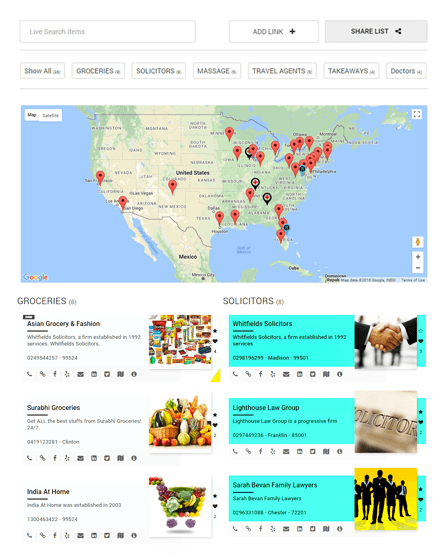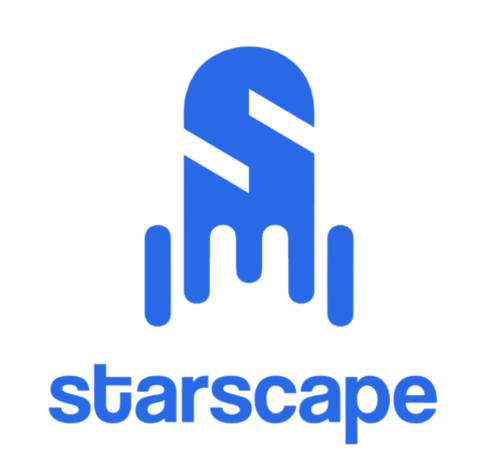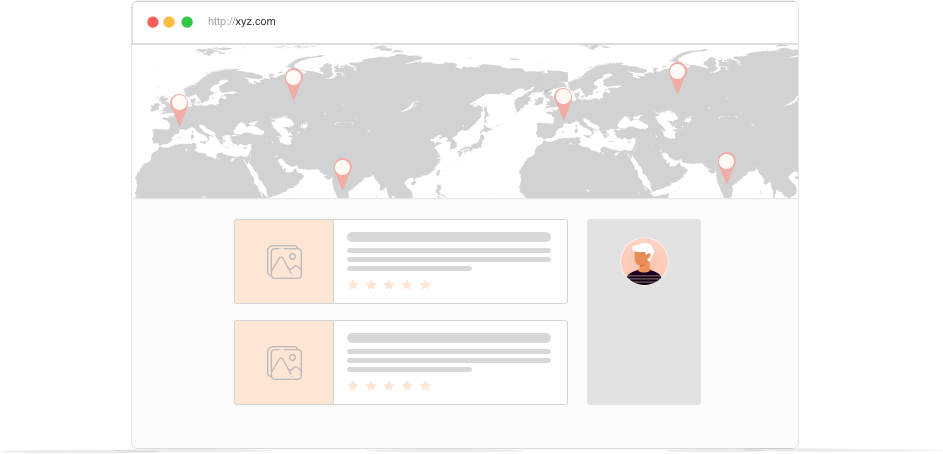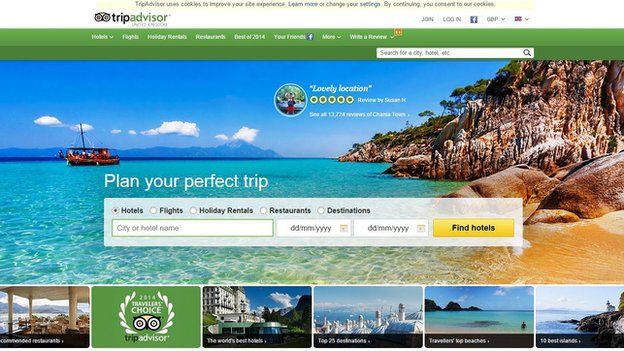Directory websites, which organize and list businesses, services, or resources around specific themes or industries, have been around for decades.
While the online landscape has shifted with the rise of platforms like Google Maps, Yelp, and other centralized databases, niche directory websites can still be highly profitable if approached strategically.

Call or Text Starscape SEO: (519) 208-8680

The Key to Success: Niching Down
One of the most important factors in determining the profitability of a directory website today is the focus on a specific niche.
General directory sites often struggle because they face competition from larger platforms with vast resources.
However, a well-targeted niche directory that caters to a specific audience or community can carve out a successful space.
For example, directories focused on remote jobs, expat communities, or specific vacation destinations have shown that there is still demand for curated, relevant listings.
How To Build One
Building a profitable directory website requires careful planning and a clear understanding of the technical and content needs.
First, you’ll need a reliable platform—this can be done using content management systems like WordPress with directory plugins, or custom-built solutions, depending on your technical skills and budget.
The platform should support user-friendly navigation, search functionality, and responsive design to ensure a good user experience across devices.

A robust database is essential for managing listings, and you may need forms for businesses or users to submit their entries.
Mastering SEO and Traffic
To succeed, a directory website must master search engine optimization (SEO). Users need to be able to find the site through relevant searches, making it critical to rank high for niche-specific keywords.
Along with organic SEO, driving traffic through content marketing, social media, and even partnerships within the niche is essential.
A well-promoted directory site that meets the needs of a particular audience can build a loyal user base.
Revenue Models
There are several ways to monetize directory websites, including:
Paid Listings: Charging businesses or service providers to be featured on the directory can create a reliable revenue stream, especially if the site has significant traffic and authority in its niche.
Affiliate Marketing: Many directories link to products or services and earn a commission on any sales that result from those referrals.
Advertising: Once a site has enough traffic, selling ad space or running targeted ads can generate significant income.
Membership Fees: Some directories provide exclusive access to premium content or services in exchange for a monthly or yearly subscription fee.
Effort and Consistency Required
While directory websites can still be profitable, they require consistent effort in both setup and maintenance.
Building a user-friendly platform, keeping listings up-to-date, and continuously driving traffic are key components to success.
The challenge lies in the execution: the most successful directory sites are those that offer real value to both users and businesses.
Conclusion
In today’s digital landscape, directory websites can absolutely still be profitable, but success often depends on finding a valuable niche, driving targeted traffic, and implementing effective monetization strategies.
It’s not an easy, hands-off business model, but with the right focus, a directory website can be a lucrative venture.



